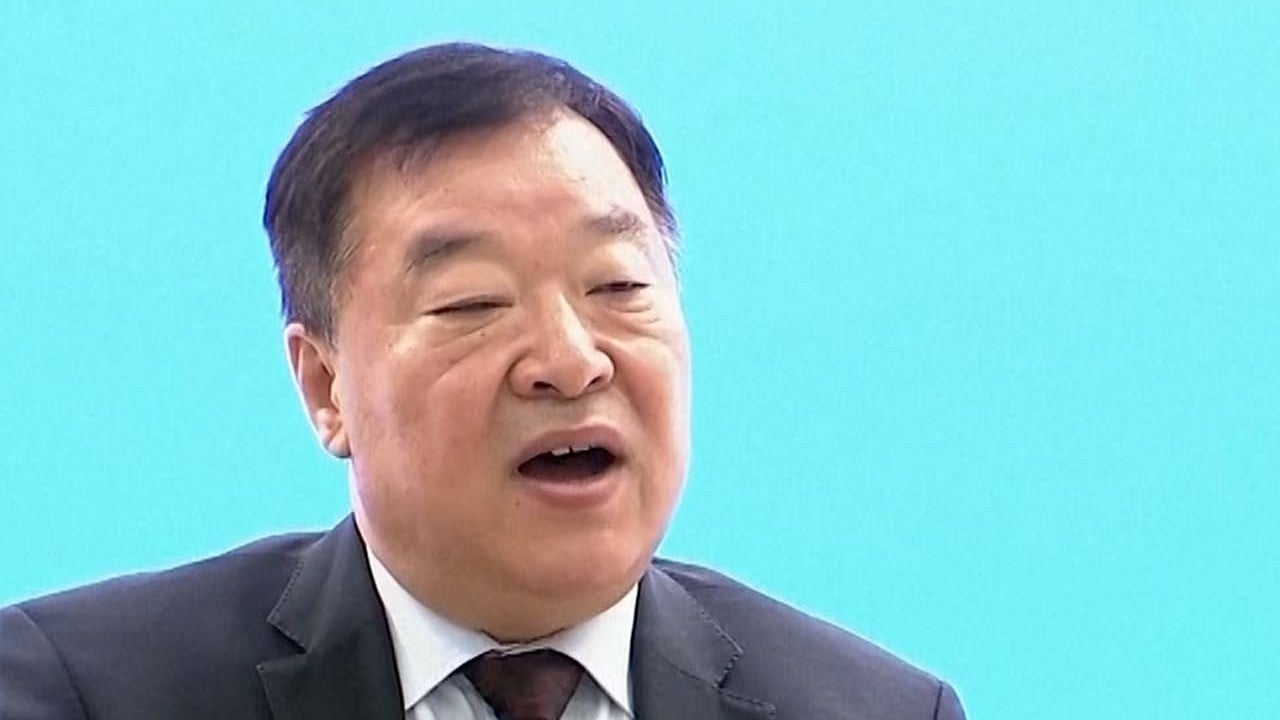
China’s tourism sector sees some positive signs, but full reopening will be ‘painful and bumpy’
- During the three-day new year break, domestic tourist trips grew 0.44 per cent year on year, but were still only 42.8 per cent of 2019 levels
- Fragile consumer sentiment was reflected in underwhelming box office sales over the holiday period, down 45.7 per cent on last year
China’s tourism sector showed signs of recovery over the new year holiday, but consumer confidence is still fragile following Beijing’s abrupt abandonment of its zero-Covid policy, analysts said.
During the three-day break that ended on Monday, 52.71 million domestic tourist trips took place, a year-on-year increase of 0.44 per cent, but still only 42.8 per cent of 2019 levels, according to data from the Ministry of Culture and Tourism released on Monday.
Data from Ctrip, China’s largest online travel firm, also showed a rise in outbound travel over the new year break, as well as an increase in bookings for the seven-day Lunar New Year holiday at the end of January.
Young Chinese ‘can’t wrap head around starting a family’ as burdens pile up
Taipei, Macau, Seoul, Singapore, Hong Kong, Bangkok, Tokyo, London, Los Angeles, and Sydney were the top 10 city destinations for Chinese travellers, Ctrip said on Monday.
“The number of cross-border air ticket bookings on New Year’s Day increased by 145 per cent year on year, and the popularity of cross-border travel during the Lunar New Year travel season was even higher, with bookings increasing by more than 260 per cent year on year,” Ctrip said.
Japanese investment bank Nomura issued lower estimates on Tuesday, saying tourism trips and revenue relative to the new year holidays in 2019 were down 57.2 per cent and 64.9 per cent, respectively, and marked the worst readings in more than two years.
“We continue to caution that the road to a full reopening may still be painful and bumpy,” Nomura analysts said.
Consumer confidence is still weak overall, analysts say, with infections surging and lingering scars from the pandemic on household and business finances.
“This severe year-over-year decline in [box office] sales was largely attributable to the deteriorating Covid situation in China, following the sharp U-turn from China’s government on reopening, which triggered a rapid surge in Covid case numbers across the country,” Nomura said. “Many people refrained from indoor activities such as watching films on concerns over contracting the virus.”
Subway trips in 15 large cities, including Beijing, Shanghai, Guangzhou, Shenzhen, Chengdu, Wuhan and Chongqing, contracted by 53.4 per cent year on year during the first 29 days of December, down from a decline of 29.3 per cent in November, according to Nomura.
It is not appropriate to expect too much consumption recovery in 2023
However, the impact of coronavirus infections that rippled through China’s megacities immediately after restrictions were eased seems to have bottomed out, Nomura said.
Outspoken economist Ren Zeping said on Tuesday that China’s economy is at a “historical crossroads”.
“It is not appropriate to be blindly optimistic about the economic situation in 2023,” Ren said, adding that full relaxation of coronavirus control measures does not necessarily mean a full recovery in consumer confidence.
“It is not appropriate to expect too much consumption recovery in 2023,” he said.


